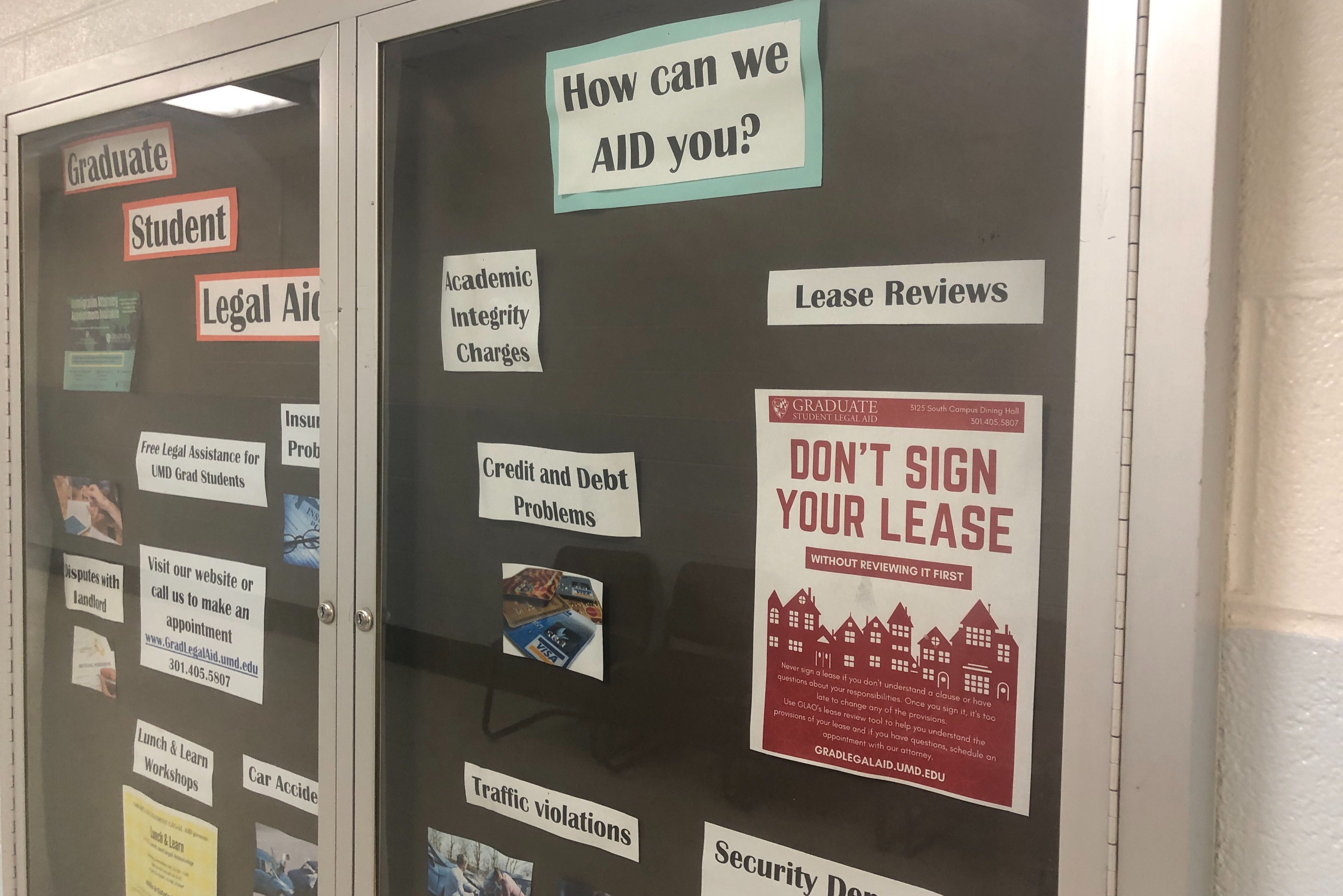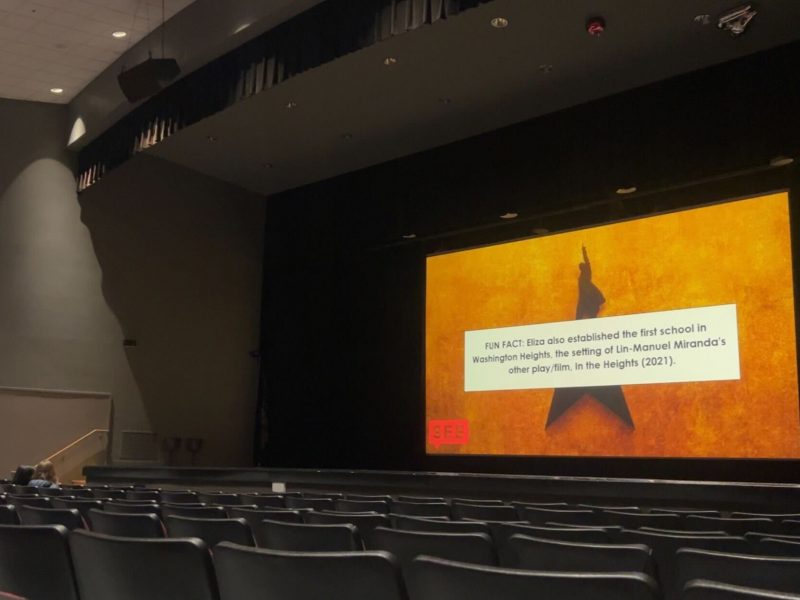Landlords, like any other kind of person, can be dynamic, complex creatures. Though generalizations can be harmful, in my short 20 years on Earth, the landlords I have encountered seem to share a lot of common traits: greed, dishonesty and a constant disposition to save money over anything else.
I’m not just talking about the independent people I’ve rented from — even the University of Maryland’s housing system has shown itself to be a questionably maintained organization that, more often than not, students choose out of convenience and sheer lack of other options.
In my housing-fueled anger, I’ve begun to wonder if I was alone in these unsavory experiences. More importantly, was there some big secret I was missing? Are there some crucial pieces of information that could lead me to a landlord who was fair, transparent, and saw me as a human being instead of an idiot whose parents were signing the checks?
[Read more: UMD has eliminated lounge bedrooms, but a few flex rooms may remain]
According to this university’s Off-Campus Housing Services office, that answer is yes and no. Through their resources provided on what to look out for, how to examine a lease and more, the office emphasized a few key moves to make before ever signing a lease.
The first, while seemingly obvious, is to thoroughly read a lease before signing it. Though finding a place to rent in College Park isn’t necessarily difficult, the ease at which you can legally bind yourself to pay for a property is alarming. When signing a lease, you should make sure you agree with every clause and remember you can’t just walk away if it isn’t what you expected. Make sure everything checks out; if the landlord is legit, they’ll be willing to explain or revise clauses that don’t seem right to you.
So what should you keep an eye out for? According to an email from Jennifer Lindstrom, housing partnerships manager at OCH, the main issues that students face with their landlords are related to returns on security deposits and disagreements on damages.
Before agreeing to rent a property, you should always arrange a physical walkthrough with the landlord, and write down a list (backed up with photographic evidence) of what was wrong with the property before you moved in. Without verifying the state of the home before you lived there, the landlord can easily attempt to keep some or all of the security deposit by blaming you for the damages. If the landlord is difficult to contact, lives in another country or won’t agree to a walkthrough with you, you’re better off not renting that property.
[Read more: Bird scooters mean another sweat- and worry-free way to class]
You should always watch out for how much a landlord is requesting from you before you rent the property, too. According to OCH resources, landlords cannot ask for more than two months’ rent on a security deposit, and they have to provide a receipt for how much you paid. In this same document, OCH emphasizes that you are entitled to your security deposit plus interest within 45 days of moving out. If, for any reason, you do not receive your deposit in full, the document yells that you must get:
“IN WRITING, AN ITEMIZED LIST WITHIN THE SAME 45 DAY PERIOD OF WHAT THE NEEDED REPAIRS WERE AND HOW MUCH EACH REPAIR COST. YOU CANNOT BE CHARGED FOR NORMAL WEAR AND TEAR (THINGS THAT PERIODICALLY NEED REPLACING).”
Something tells me it’s capitalized for a reason.
A lot of these things may seem like common sense, but the issue with college landlords seems to stem from their reliance on renters’ ignorance. If you don’t know your rights when it comes to your first rentals, or you’re too afraid to assert yourself, the cycle will continue. There are plenty of campus resources available, from the OCH to the Undergraduate Student Legal Aid Office, that will support you through the process of finding a home, examining a lease and signing on to that property.
Reach out to previous tenants about their experiences, read up on your rights and make it clear to whomever you’re renting from that you are aware of the law, and you will hold them accountable.



